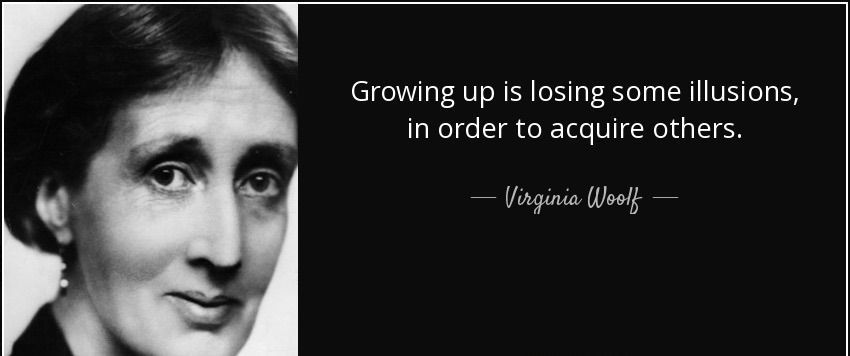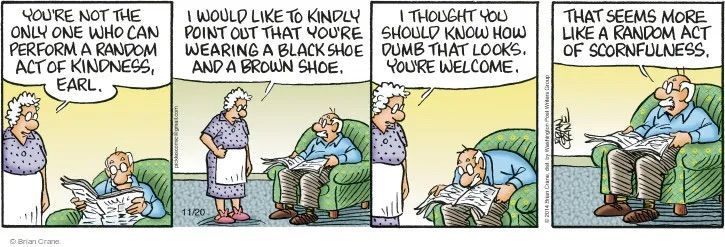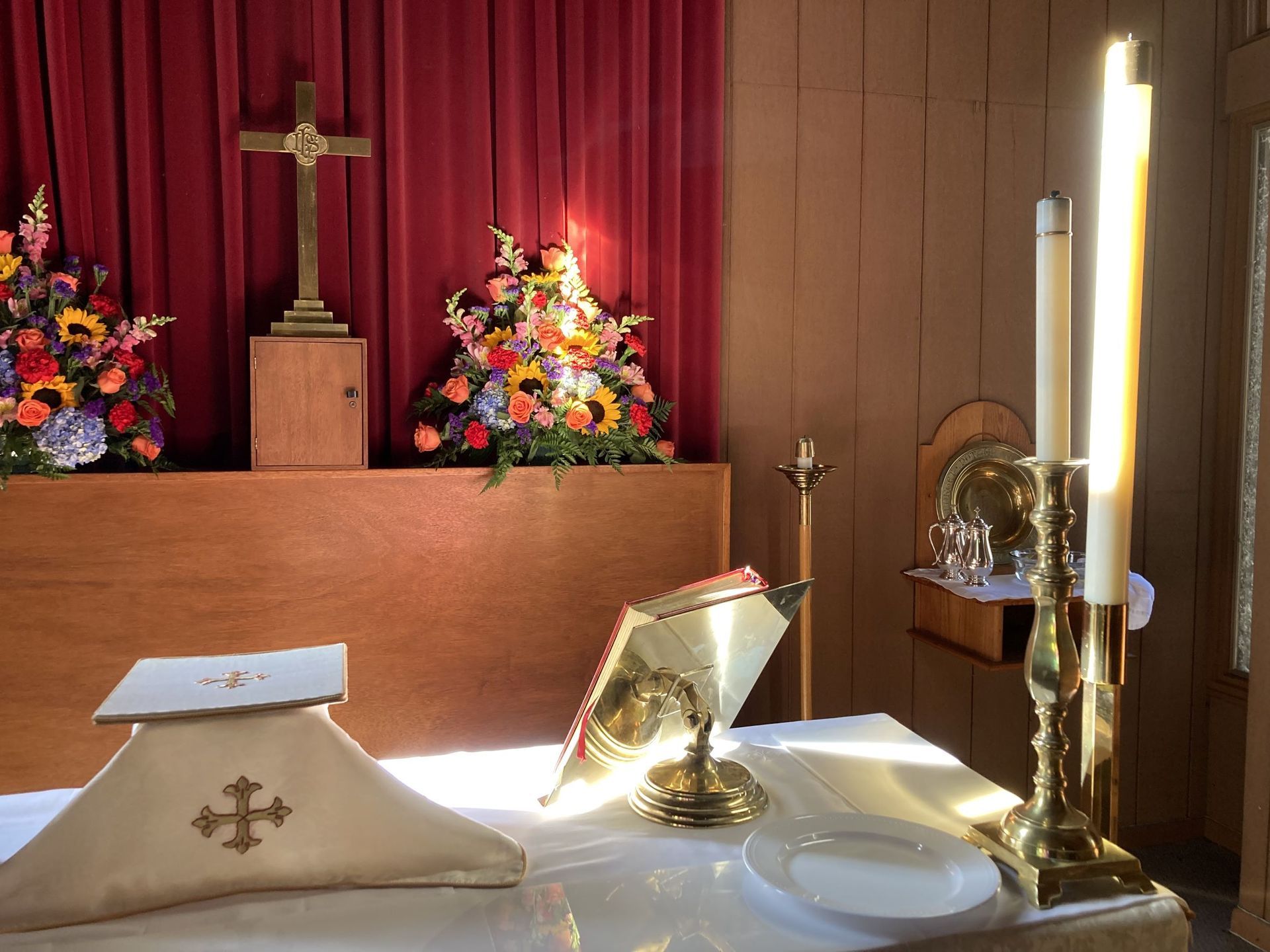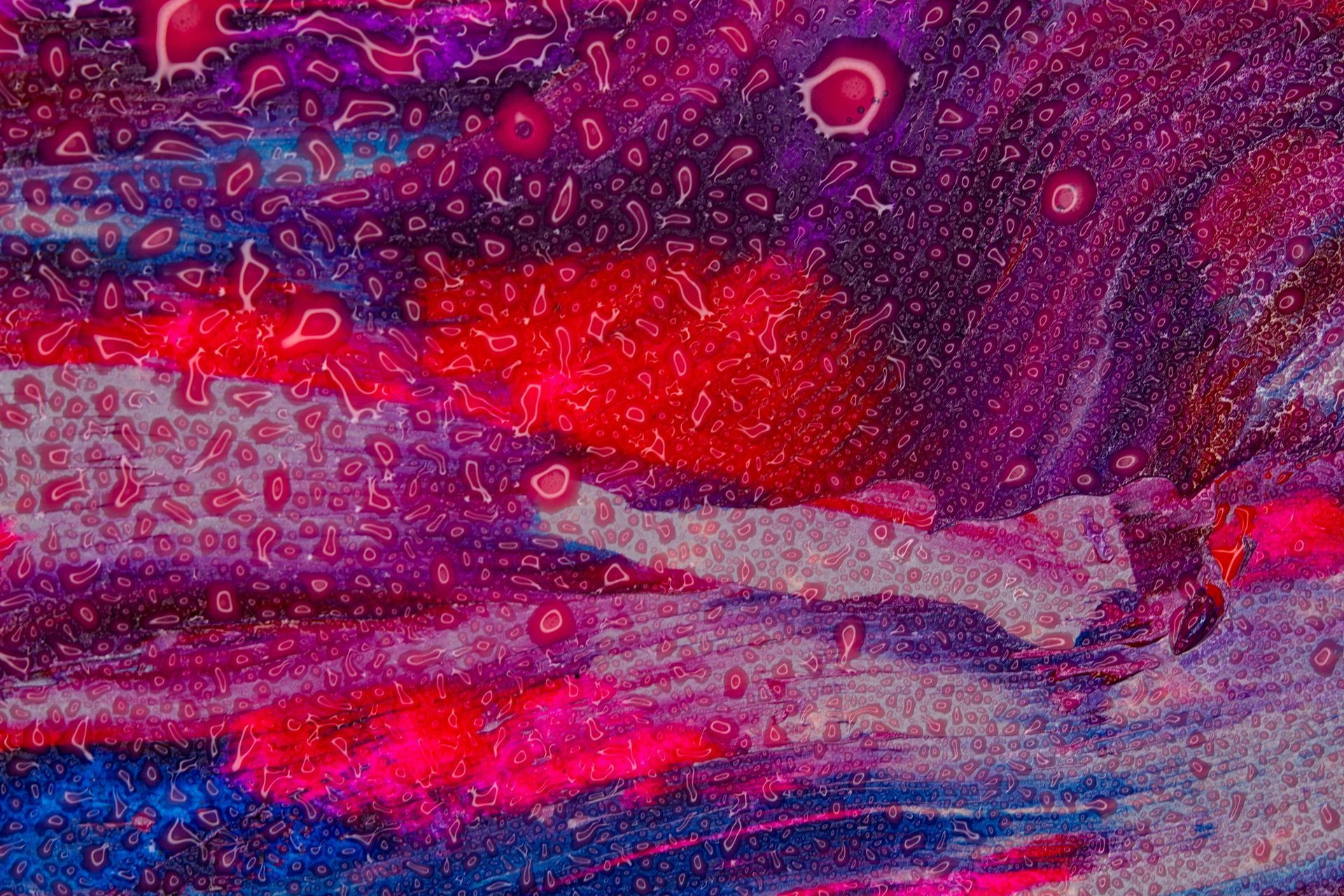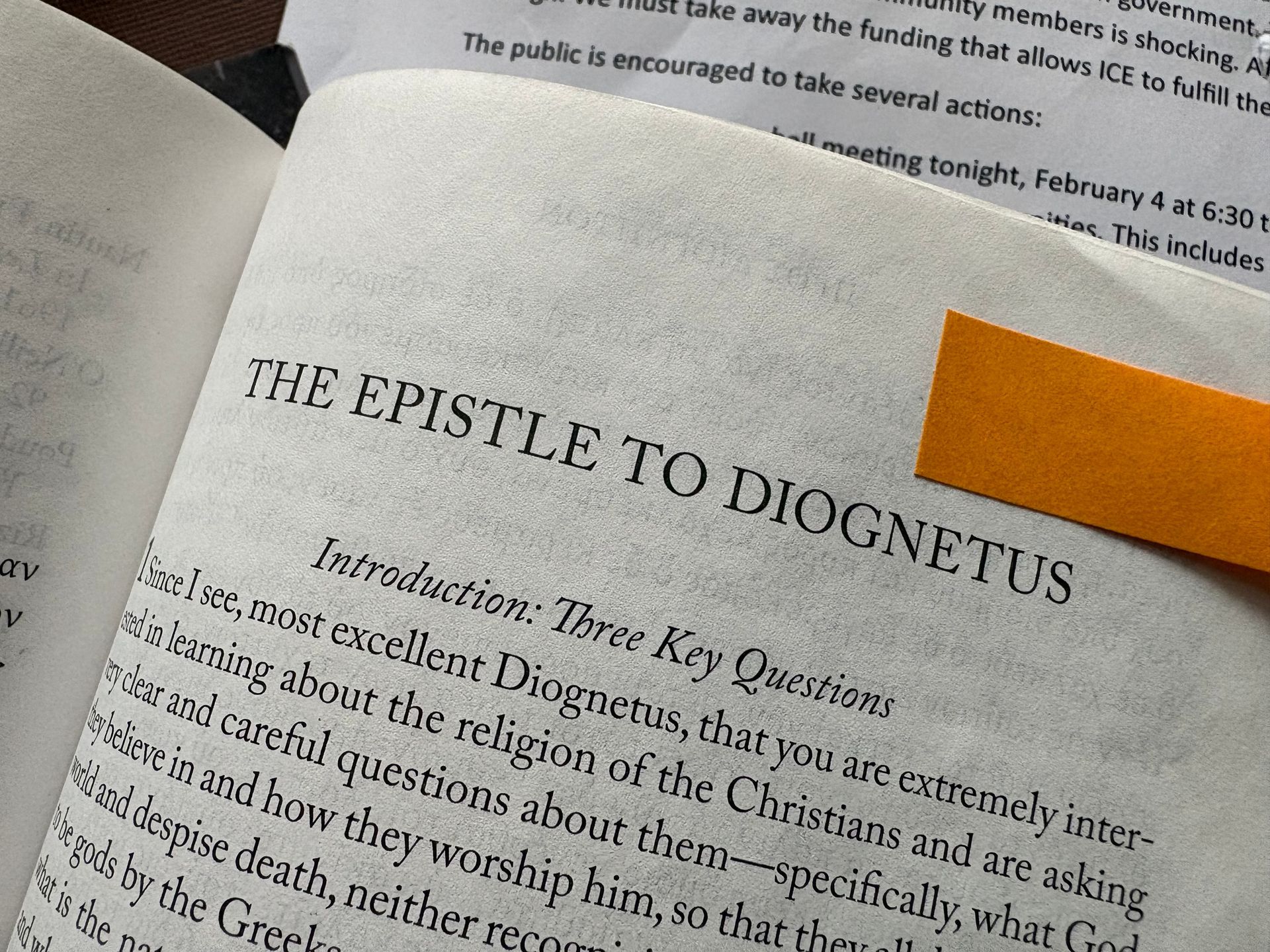Pub Theology 10/29/24 -- Finding meaning, making meaning

So what is the meaning of life anyway? And no, this is not a reference to the Monty Python movie, so let's all just move along shall we? But before we do, let me recommend the film to you. It's great.
I gave a little mention to this topic last week, and there was an immediate response from one of our regular participants that makes me think there's something for us to talk about here. I had said something about the idea of "finding"meaning in our lives, but our regular straight up pounced on the notion, arguing instead that we should talk about "making" meaning instead. So let's do both!
The idea for the topic came up a couple of weeks ago when I ran across this article at The Atlantic website: "The Meaning of Life is Surprisingly Simple," in which the author. Arthur Brooks, reminded us that those people who believe they know their life's meaning enjoy greater well-being than those who don't. But he acknowledged that it's a lucky few who figure it out early. For the rest of us, he says, there's work to be done. And the search can be difficult and frustrating: "Philosophy is often unhelpful, offering abstract ideas such as Aristotle’s human function or Kant’s “highest good” that are hard to comprehend, let alone put into action." The easiest response, then, may just be to throw up our hands and conclude that the meaning of life is unknowable, at least to us.
This would be a mistake, though, and Brooks offers the reader a suggestion: Make the quest manageable by breaking it down into what he says are three easily digestible steps. These start with an understanding that we can think about finding meaning by assessing our life along the following dimensions. First is coherence, or how events in your life fit together. "This is an understanding that things happen in your life for a reason. That doesn’t necessarily mean you can fit new developments into your narrative the moment they happen, but you usually are able to do so afterward, so you have faith that you eventually will." Second is purpose, or the existence of goals and aims. "This is the belief that you are alive in order to do something. Think of purpose as your personal mission statement ..." And third is significance, or the sense that your life matters. Together, he describes these as macronutrients: "the elements that we need for a balanced and healthy sense of meaning in life."
With the in mind, let's take a look at Brooks' digestible steps toward figuring out meaning.
Step 1 -- Check your diet. If you have a sense that your life lacks meaning, then take a look at your "macronutrient balance" and ask yourself the following questions:
- Do you feel out of control, tossed about in life without rhyme or reason? You might need a better sense of coherence.
- Do you lack big plans or dreams or ideas about your future that excite you? If not, that's a purpose issue.
- Do you feel like it wouldn't matter if you just disappeared, that the world would be no better off with or without you? That's significance.
Step 2 -- Search in the forest. If you find you have a deficit in one of the above, go look for it in a productive way. The good news for us Pub Theologians is that we may have an already existing spiritual or philosophical outlook that can guide us, like prayer, or meditation, or even therapy. The key, though, is to approach the search the way you would anything that's important to you, by being intentional and doing the work.
Step 3 -- Make sure you don't search too hard. Here Brooks makes the point that your quest for meaning becomes counterproductive if it gets in the way of your happiness: "If you feel lost in your search for meaning, cut yourself some slack and go back to the basics."
All of this, Brooks acknowledges, stems from the starting assumption that life does in fact have meaning. That's a perspective that not all of us may share, and so that is going to be our starting point for our discussion this week. So, first, do you think that your life has meaning? Even if you're not sure what that might be? Then second, what do you make of the distinction between "finding" meaning and "making" meaning in our lives? Are those really different ideas? Finally, what do you make of Brooks' overall argument here? Do the concepts of coherence, purpose, and significance resonate with you? And do you think Brooks' three simple steps are a a good way to figure it all out?
We'll talk all about it in our conversation this Tuesday evening, Oct. 29, The discussion starts at 7pm at Casa Real in downtown Oxford.
